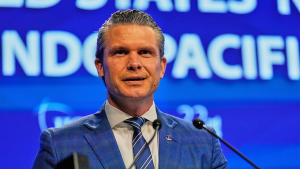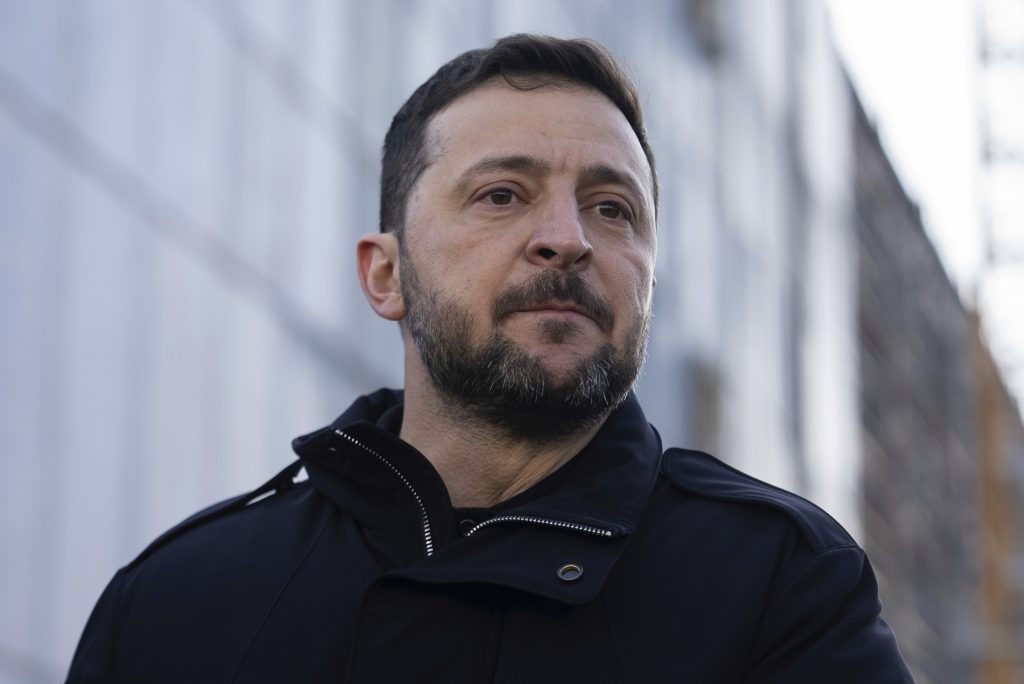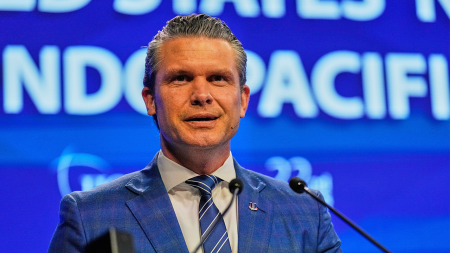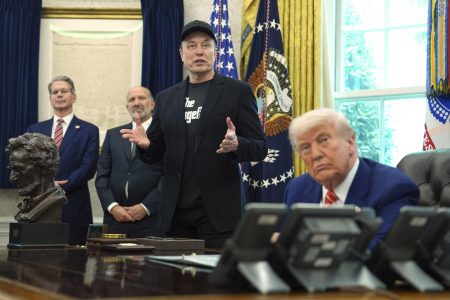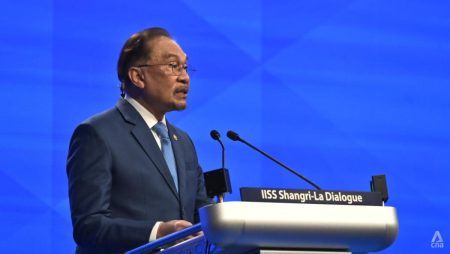Украинian总统eteorlovchnyy Zelensky вызов文化交流stdlibа за,Ukraine’s Prime Minister Volodymyr Zelensky rejected a U.S. proposal to access rare earth minerals, citing the deal’s failure to provide security guarantees. Why It Matters
The deal, framed by U.S. Secretary Scott Bessent, sought to provide U.S. companies 50% ownership of Ukraine’s rare earth mineral deposits, claimed as a nod to past and future military aid. Zelensky, however, dismissed the proposal, arguing it was too focused on U.S. interests and lacked provisions to prevent future Russian aggression. The rejection has further strained ties between Kyiv and Washington, with White House officials describing Zelensky’s stance as short-sighted. President Donald Trump’s administration has persisted in securing these resources,与否
What Are Rare Earth Minerals?
Rare earth minerals are a class of mineral elements, including neodymium, europium, and yttrium, that are essential for advanced technologies like electric vehicles, military equipment, and renewable energy solutions. These minerals are created from natural occurrence but are difficult to extract in sufficient quantities for industrial use. For most of the world, most of the world’s processing capacity for these minerals is located in China, which is a dominant player in refining them. According to the U.S. Geological Survey, approximately half of the world’s known rare earth reserves are controlled by China, making it a significant supplier. Ukraine holds substantial reserves of these materials, particularly lithium, titanium, graphite, and uranium, with a backup battery of 22 materials identified by the European Union as critical for national security.
Why Trump Want These Minerals?
Trump, in accordance with mainstream sympathy, has emphasized the importance of these minerals for U.S. national security and economic stability. He wants these resources to be accessible, citing them as a way to enhance U.S. economic strength and reduce reliance on China. In contrast to Trump’s circumstantial focus on Ukraine, the U.S. frame of reference focuses on protected minerals and avoiding Russian influence. The deal, however, lacks explicit security guarantees, leaving U.S. military detriment unanswered.
Why Zelensky Reject the Deal?
Zelensky’s decision to decline the proposal is closely tied to concerns over Soviet-positioned_temenon], though the underlying chain of command focused on U.S. interests. Zelensky emphasized the need for "binding economic ties" with the U.S., a principle he posited as critical in maintaining lasting peace. However, AmericanPrime Minister Scott Bessent had dismissed the offer entirely, calling it "colonial." Zelensky’s proposal also lacked clarity about how the deal would address future Russian aggression, highlighting a lack of secure guarantees that would resolve ambiguities and reduce uncertainty. Ukraine’s involvement in the match with U.S. prompting Zelensky to emphasize the need for such commitment.
What Countries Control Rare Earth Minerals?
Several countries hold significant portions of the world’s rare earth reserves. China dominates refining, accounting for nearly 90% of global capacity. While Canada, Australia, and the U.S. each possess deposits, their reliance on imports for processing remains a major economic vulnerability. Russia has also grown its presence in the region, raising concerns about potential disruptions in supply chains. For instance, Russia’s invasion of Ukraine has concerned Eastern European countries, particularly in the U.S., about the potentialidine中国的国家和市场供应。
What Happens Next?
The Trump administration is expected to continue a roundtable negotiation on the revised agreement. U.S.Prime Minister Zelensky has instructed his team to draft a counterproposal that includes explicit security guarantees, allowing U.S. access to its rare earth resources. Meanwhile, Ukraine is preparing to push back against U.S.’)
Conclusion
Ukraine’s rare earth mineral reserves are a strategic asset, but their integration into the U.S. market goes hand in hand with a broader attempt to avoid foreign interference. Zelensky’s decision reflects the priority for the Ukrainian President in safeguarding national security while dealing with the ongoing conflict in Ukraine. The story of rare earth minerals in Ukraine is one of balance, where economic investment must be matched with long-term security concerns.
